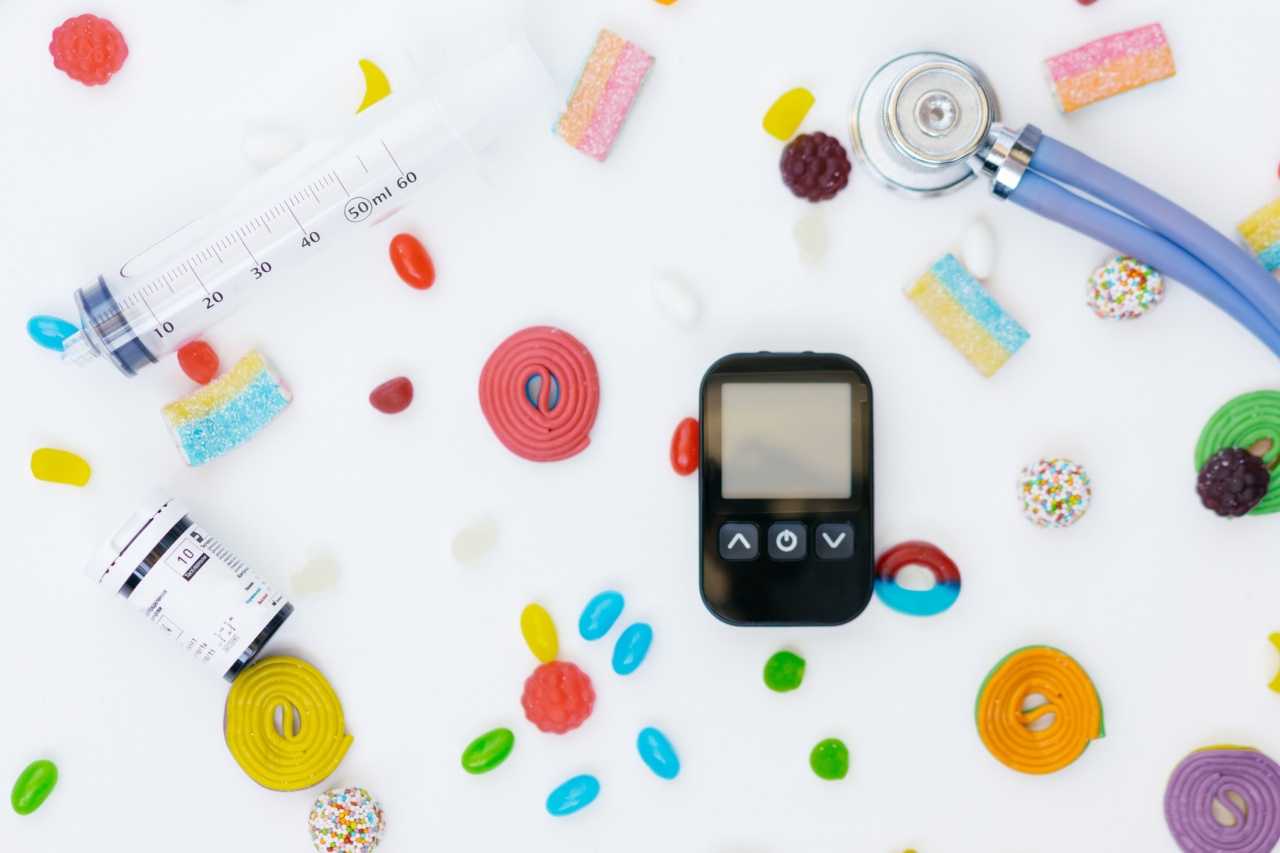Weight management and blood sugar control are two related issues that affect millions of people across the world. While some people struggle with keeping their weight in check, others find it challenging to control their blood sugar levels.
The good news is that there are some secret habits that can help you achieve both goals. In this article, we will discuss some of these habits and how you can incorporate them into your daily routine to get the best results.
1) Eat more protein
Protein is an essential macronutrient that is crucial for weight loss and blood sugar control. Studies have shown that a diet rich in protein can help you burn more calories, reduce cravings, and keep you feeling fuller for longer.
Moreover, protein can help stabilize blood sugar levels by slowing down the absorption of glucose into the bloodstream. Some good sources of protein include lean meats, fish, eggs, legumes, and dairy products. Aim to include a protein source in every meal and snack to keep your hunger and blood sugar levels in check.
2) Drink plenty of water
Drinking water is crucial for weight loss and blood sugar control. Water can help flush out toxins, boost metabolism, and keep you feeling full.
Additionally, drinking water before a meal can help reduce the number of calories you consume by making you feel fuller. Experts recommend drinking at least eight glasses of water per day, but you may need more if you are physically active or living in a hot climate.
3) Get enough sleep
Getting enough sleep is crucial for maintaining a healthy weight and blood sugar levels. Research has shown that lack of sleep can increase your appetite, reduce your metabolism, and make you crave sugary, high-calorie foods.
Moreover, sleep deprivation can affect insulin sensitivity, a hormone that regulates blood sugar levels. Aim to get at least 7-8 hours of sleep every night to keep your metabolism and blood sugar levels in check.
4) Practice mindful eating
Mindful eating is a technique that involves paying attention to your food, eating slowly, and savoring every bite. This habit can help you become more aware of your hunger cues, reduce overeating, and prevent mindless snacking.
Moreover, mindful eating can help you enjoy your food more and reduce stress, which is a common trigger for emotional eating. Aim to eat in a calm environment without distractions such as TV, phone, or laptop.
5) Exercise regularly
Exercise is essential for weight loss and blood sugar control. Physical activity can increase your metabolism, burn calories, and improve insulin sensitivity. Moreover, exercise can help reduce stress, which is a common trigger for emotional eating.
Aim to include at least 30 minutes of moderate-intensity exercise, such as brisk walking, cycling, or swimming, every day to keep your weight and blood sugar levels in check.
6) Reduce stress
Stress is a common trigger for emotional eating, which can lead to weight gain and blood sugar imbalances. Moreover, stress can affect insulin sensitivity, a hormone that regulates blood sugar levels.
To manage stress, try some relaxation techniques, such as deep breathing, yoga, or meditation. Additionally, try to identify the source of your stress and find ways to eliminate it or reduce its impact.
7) Eat fiber-rich foods
Fiber is an essential nutrient that can help you lose weight and control your blood sugar levels. Fiber can help keep you feeling fuller for longer, reduce cravings, and slow down the absorption of glucose into the bloodstream.
Some good sources of fiber include whole grains, fruits, vegetables, nuts, and seeds. Aim to include fiber-rich foods in every meal and snack to keep your hunger and blood sugar levels in check.
8) Avoid sugary drinks
Sugary drinks such as soda, juice, and energy drinks are high in calories and sugar, which can lead to weight gain and blood sugar imbalances. Moreover, these drinks can increase your thirst and make you consume more calories than you need.
Instead, opt for water, sparkling water, herbal tea, or unsweetened coffee or tea. If you must have a sweet drink, try adding some fresh fruit or a splash of lemon or lime juice to add flavor without the added sugar.
9) Keep healthy snacks on hand
Having healthy snacks on hand can help you avoid unhealthy snacking and keep your blood sugar levels in check. Some good options include fresh fruit, vegetables and hummus, nuts and seeds, plain yogurt, or a small piece of dark chocolate.
Keep these snacks within reach at home, at work, or on the go to avoid the temptation of unhealthy snacks.
10) Stay motivated
Staying motivated is crucial for achieving your weight loss and blood sugar goals. Find a supportive friend or family member, join a support group, or hire a personal coach to help you stay accountable and motivated.
Additionally, track your progress by taking regular measurements, keeping a food and exercise diary or using a fitness tracker. Celebrate your achievements, no matter how small, and stay positive and optimistic about your journey.
Conclusion
Weight loss and blood sugar control are two related issues that affect millions of people across the world. By incorporating the above habits into your daily routine, you can achieve both goals and live a healthier, happier life.
Remember, these habits are not a quick fix, but a long-term lifestyle change that requires patience, consistency, and commitment. Keep in mind that everyone’s journey is different, and what works for someone else may not work for you. Listen to your body, stay focused on your goals, and most importantly, enjoy the process.





























